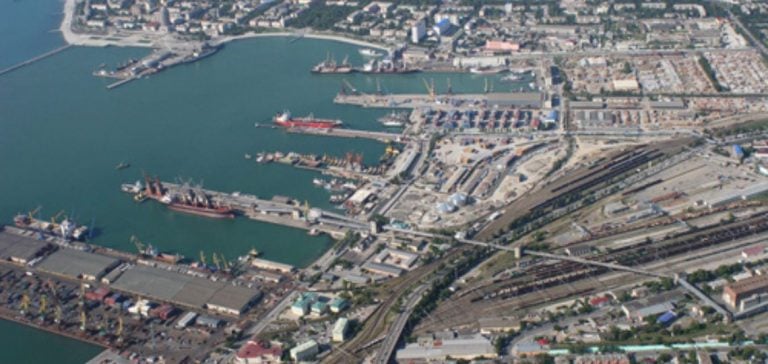On September 25, 2024, the Stockholm Court of Arbitration rejected a claim by Port-Petrovsk, a company owned by Ziyavudin Magomedov, against Transneft, the Russian pipeline giant. The dispute concerned the sale of the port of Novorossiisk in 2018, a strategic site for crude oil exports. Magomedov was claiming several billion dollars in damages for a transaction he deemed illegal.
The Stockholm arbitration was chosen by Port-Petrovsk because of the perception of greater neutrality, away from the influence of Russian courts.
However, the court ruled in favor of Transneft, confirming that jurisdictional competence lies exclusively with the Russian courts.
This rejection represents an important victory for the company, but also for the Russian state, reinforcing the idea that disputes over strategic assets should be resolved on national territory.
A complex economic and geopolitical context
Ziyavudin Magomedov, an influential former oligarch, has been imprisoned since 2022 for organized crime and embezzlement.
He continues to contest these charges, and is pursuing legal action on an international level.
The Stockholm complaint is just one in a series of legal battles, one of which is ongoing in London, where Magomedov is claiming $14 billion for the alleged seizure of his assets, including those linked to the port of Novorossiisk.
This port is a nerve center for Russian oil exports, capable of handling millions of tons every year.
Any interruption or change in the port’s management could impact oil exports, an essential source of foreign currency for Russia.
The rejection of the complaint in Stockholm could limit disruption to Transneft’s operations and maintain the continuity of exports via Novorossiisk, although tensions persist in London.
Risks for foreign investors and companies
The case highlights the risks faced by foreign investors operating in Russia, particularly in the energy sector.
The Russian legal framework, widely perceived as controlled by the Kremlin, discourages many foreign companies from making long-term investments.
The rejection of arbitration in Stockholm reinforces the idea that Russia strictly defends its strategic enterprises and limits international jurisdiction over its critical infrastructures.
Transneft, as Russia’s main oil transporter, is directly linked to the Kremlin’s political and economic decisions.
For foreign companies and investors, this case is a wake-up call, reminding us that international legal recourse against strategic Russian entities is often limited.
Russia’s energy sector, already under pressure due to international sanctions, is becoming an increasingly complex and uncertain terrain for international partners.
Impacts on the energy sector and the oil market
The port of Novorossiisk, at the center of this dispute, is one of the main infrastructures for the export of Russian crude oil.
Its management by Transneft is crucial to maintaining the flow of exports, especially as Russia continues to rely heavily on oil revenues to support its economy.
Transneft’s continued control over this critical infrastructure enables the Russian government to ensure the stability of its exports, despite the economic turbulence caused by international sanctions and volatile oil prices.
Any disruption in the management of Novorossiisk, whether through legal disputes or internal conflicts, could have repercussions on oil export flows, which are essential for Russian public finances.
State control over companies like Transneft is designed to avoid such disruptions, but conflicts such as the one with Magomedov illustrate the fragility of the balance between private and public interests in the Russian energy sector.
Perspectives on future legal battles
Although the case was dismissed in Stockholm, Magomedov is not giving up.
The ongoing litigation in London could potentially lead to compensation, although this seems unlikely given the nature of the accusations and the position of the Russian state.
The $14 billion claimed represents a considerable sum, not only for the companies involved, but also for the Russian economy.
For Transneft, the challenge is to maintain the continuity of its operations while dealing with these disputes.
The Russian energy sector, which accounts for around 40% of the country’s GDP, is a fundamental pillar of its economy.
Any destabilization, however minor, could affect not only the state’s finances, but also its position on the global oil market.






















